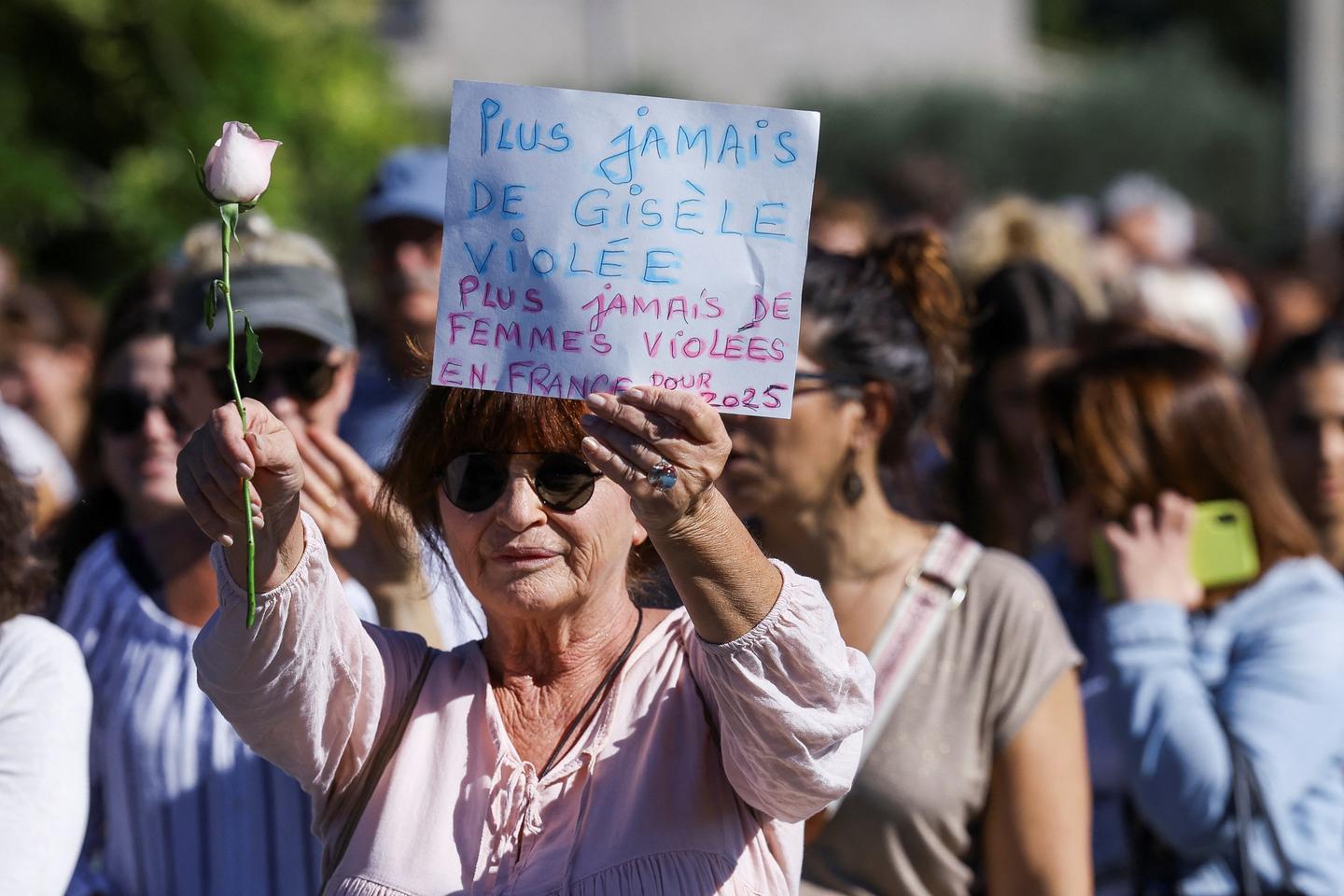


Forty-six years separate the famous 1978 "Aix trial" from the ongoing rape trial in the Avignon criminal court. Back then, when the state, under President Valéry Giscard d'Estaing, was focusing on the "condition of women," the lawyer Gisèle Halimi forced French society to face up to the issue of women being raped and to listen to the two victims: female campers who had been attacked in the middle of the night in the cove of Morgiou, near Marseille. Since the beginning of September, the proceedings in Avignon have confronted the country with the words of ordinary men accused of raping Gisèle Pelicot while she was drugged by her husband Dominique Pelicot.
In almost half a century, it would appear that everything has changed. Today, it's hard to imagine the amount of courage it took Anne Tonglet and Araceli Castellano, the two victims in the 1978 case, who were in a state of shock after having been assaulted for four hours, to immediately go to the gendarmerie to lodge a complaint. We can't imagine the accusatory questioning they endured, at the hands of an investigating judge who, despite the undisputed blows and visible injuries they had suffered, had them sign depositions stating that they had "ended up consenting." We wince at learning that the rapes had, initially, been reclassified as mere "blows and injuries," even though one of the victims had fallen pregnant.
"Why, during the two days of the hearing, did they insist on continuing to make the two victims into the accused?" asked Josyane Savigneau, who was covering the trial for Le Monde at the time, and described the atmosphere of hatred surrounding it. Halimi was pushed around, insulted and threatened. Amid the fray, people railed against "all these lesbians and whores who come to complain of being raped." One of the defendants tried to justify himself: "I couldn't stand having been rejected by that fat lump."
Forty-six years later, with the definition of rape broadened under a 1980 law, which also reinforced the classification of rape as a crime, the legal fruits of activist mobilization and the Aix trial stand out as achievements. Decades of feminist struggle and the #MeToo wave have brought to light the massive scale of sexual violence, and brought the issue of listening to women's voices and protecting them to the forefront of social debate. The now-established fact that the vast majority of rapes are committed by men belonging to the victims' entourage raises questions about the banality of relationships of domination and the social mechanisms that perpetuate them. While the victims in 1978 were reviled, Gisèle Pelicot has been celebrated as a heroine who personified the hope that "shame would change sides."
You have 54.4% of this article left to read. The rest is for subscribers only.
